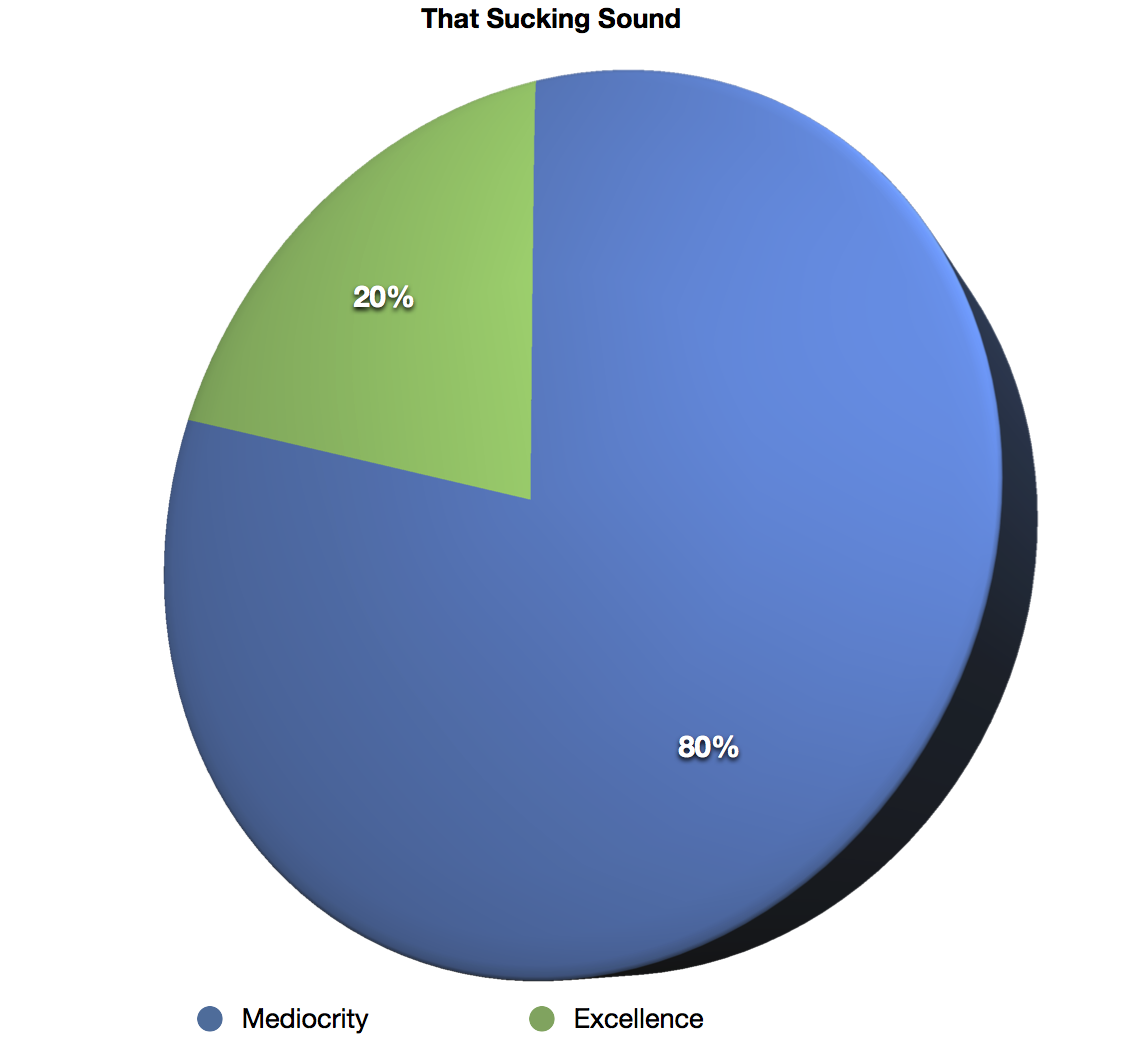Tag: Business
-

Lessons from Elon Musk on Innovation
Are his predictions being given more airtime than they should because he is perpetually wrong? Of course. It’s called, “Celebrity CEO” status, and why the SEC is after him. At the same time, his companies out innovation other companies by a ratio of about 5:1.
-

Pareto’s Principle and that Sucking Sound in your Organization
Think about this statement: 80% of the people that need your help don’t know they need your help. Here is another statement: 80% of the people that need to read this blog post will never search for it. Another: 80% of the people that actually find this post and read it won’t actually believe it.…
-

Key Skills for Leaders of Transformations
Here is my list of Key Skills for Managers and Leaders that I’ve been cataloging for a couple years now. Content Skills Core Skills Direct Skills Transdisciplinarity New-Media Literacy Computational Thinking Visioning Explicit Skills Three Horizons Thinking Building Community Story Crafting Mentoring Virtual Collaboration Social Intelligence Design Thinking Process Skills Lean Product Development Change Management Skills…
-

Starting another blog for Business Management advice
Image via Wikipedia I decided to start another blog for capturing all the management consultant observations and wisdom that comes to me throughout my life under that sun. My initial hope was rather self-serving: create a place to dump my brain that connects all the places on the web where I draw upon as a…